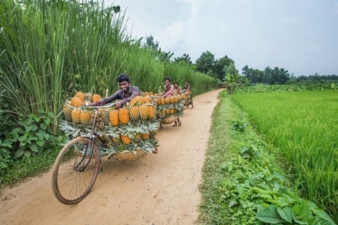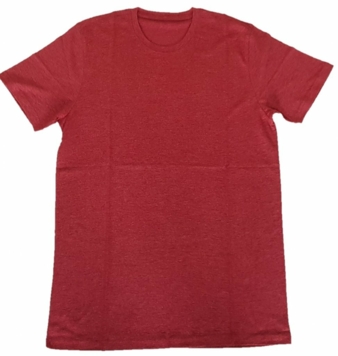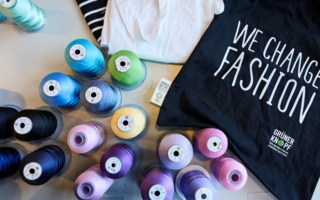03/08/2021 – Sustainable feedstock from Bangladesh — auf Deutsch lesen
Industrial pineapple fibre production
Pineapple fibers are a by-product of pineapple farming and have so far ended up in waste. Yet they have enormous potential for use in sustainable fashion.
Bangladesh has made a name for itself as one of the most important garment manufacturing and exporting nations in the world. It has innovative entrepreneurs and a hardworking workforce, yet the country lacks significant amounts of natural resources for the textile industry.
Pineapple fibre is about to change that. Pineapple fibre has huge potential for sustainable fashion made in Bangladesh. As a renewable and natural resource, pineapple leaves are a sustainable fibre source for the global fashion industry.
Benefits of pineapple fibre
Pineapple fibre is made from pineapple leaves, a by-product of pineapple farming that would be disposed otherwise. This makes it a highly sustainable and renewable resource. Being natural and biodegradable, it does not produce microplastic and alleviates pressure on landfills. Production of the fibre is clean, sustainable and compliant when done responsibly.
Pineapple fibre has excellent qualities beyond sustainability that make it competitive in the global fashion and textile industry. It is versatile and can used as material for home textiles, denim and other apparel, either in combination with other sustainable materials or purely.
Industrial production of the fibre
Right now, more than 200,000 tonnes of pineapple are harvested in Bangladesh every year, from which an estimated amount of 4,500 tonnes of fibre could be produced. Moreover, India and South East Asian countries produce significant amounts of pineapple as well. If the full potential pineapple fibre can be exploited to a maximum, and by-products from agriculture be utilised in textiles for export, a win-win situation for Bangladesh will be created.
To test this concept, CSI has conducted a case study as part of its Partnership for Compliance.
In cooperation with research centres and local partners, the Partnership for Compliance has been researching and developing methods to upscale pineapple fibre into an industrial yarn production for the fashion and textile industry.
They have now successfully completed a first test run of industrial pineapple fibre production, that, if upscaled, will pioneer in this area.
CSI is now looking for partners to join the Partnership for Compliance in its pineapple fibre upscaling project and embark on this journey together. For more information contact info@applied-csr.com.





